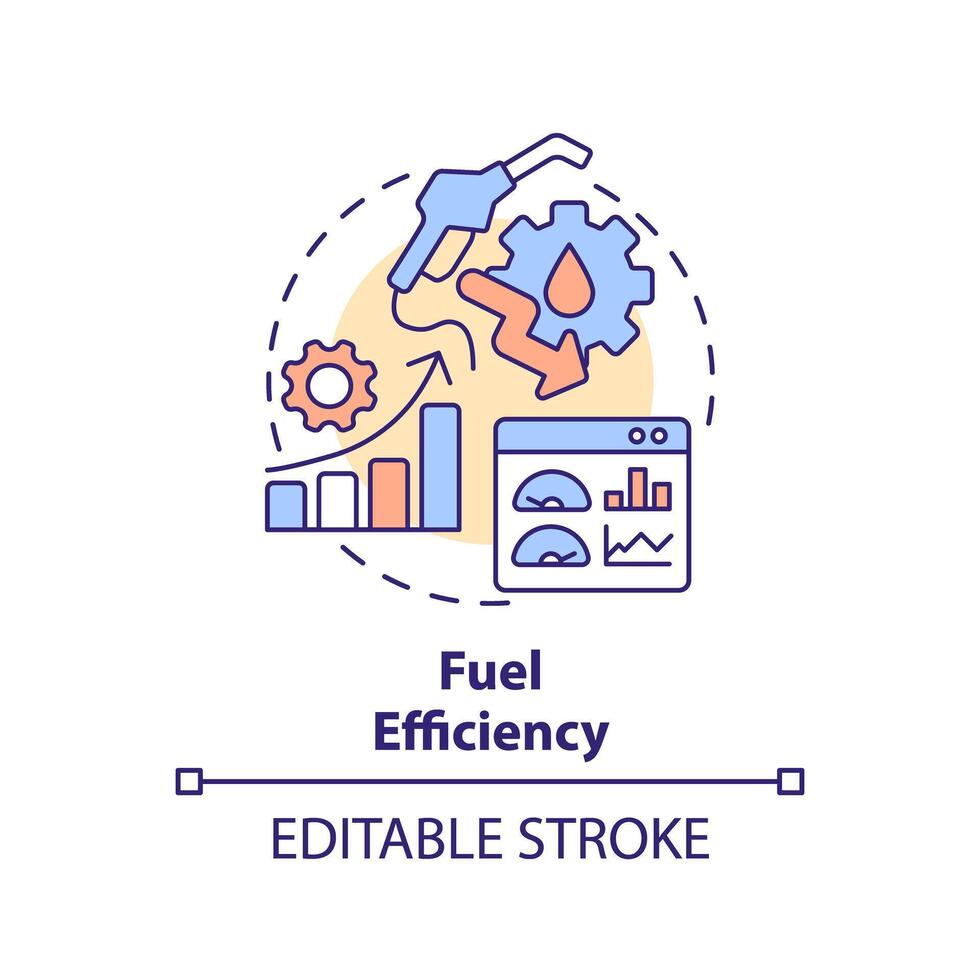Is a Hybrid Electric Vehicle Right for You? A Comprehensive Guide

Urban Pedia Wiki
Your one-stop destination for all the information you need - from technology updates, health articles, tutorial guides, entertainment news, sports results, to daily life tips.

1. Understanding Hybrid Electric Vehicles (HEVs)
How HEVs Work: The Basics

- Electric Motor: Provides initial power and boosts acceleration.
- Internal Combustion Engine: Powers the vehicle at higher speeds and longer distances.
- Battery: Stores energy generated by regenerative braking and engine.
- Regenerative Braking: Converts braking energy into electricity to recharge the battery.
- Control System: Manages the interaction between the electric motor and gasoline engine for optimal efficiency.
2. Advantages of Hybrid Electric Vehicles
Benefits of Choosing an HEV

| Advantage | Description |
|---|---|
| Fuel Efficiency | Significantly higher MPG compared to gasoline vehicles, leading to lower fuel costs. |
| Environmental Friendliness | Reduced emissions and a lower carbon footprint, contributing to cleaner air. |
| Government Incentives | Eligibility for tax credits, rebates, and other financial benefits. |
| Lower Maintenance Costs | Regenerative braking extends brake pad life; often fewer moving parts. |
| Quiet Operation | Electric motor provides silent operation at low speeds, enhancing comfort. |
| Resale Value | Often hold their value better than comparable gasoline vehicles. |
3. Disadvantages of Hybrid Electric Vehicles
Potential Drawbacks to Consider

- Higher Initial Cost: HEVs often have a higher purchase price than their gasoline counterparts.
- Battery Replacement Cost: The cost of replacing the hybrid battery can be significant.
- Limited Electric Range: Primarily rely on the gasoline engine for extended distances.
- Potentially Different Driving Experience: May feel different from a traditional gasoline car.
- Limited Model Availability: Fewer HEV models and trim levels compared to gasoline vehicles.
4. Cost Analysis and Fuel Efficiency
Comparing Costs and Savings

| Cost Factor | Consideration |
|---|---|
| Purchase Price | Compare HEV price to comparable gasoline car. |
| Fuel Costs | Calculate annual fuel costs based on MPG and fuel prices. |
| Maintenance Costs | Factor in potential savings due to fewer moving parts and regenerative braking. |
| Incentives and Tax Credits | Research available government programs to reduce costs. |
| Resale Value | Consider potential for higher resale value compared to gasoline cars. |
5. Making the Right Choice for Your Needs
Factors to Consider Before You Buy

- Driving Habits: City vs. highway driving, commute distance.
- Budget: Initial purchase price, long-term costs, and incentives.
- Model Research: Compare features, MPG, and warranty information.
- Test Drive: Evaluate comfort, performance, and driving experience.
- Environmental Impact: Consider your personal values and desire to reduce emissions.
Conclusion
#Automotive #auto parts #auto repair shop #car dealership #vehicle financing #car maintenance #automotive service